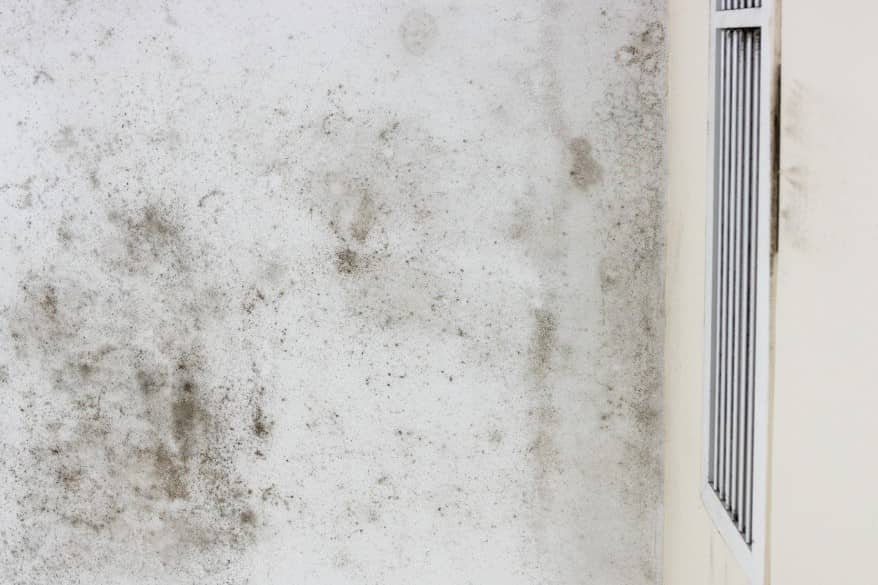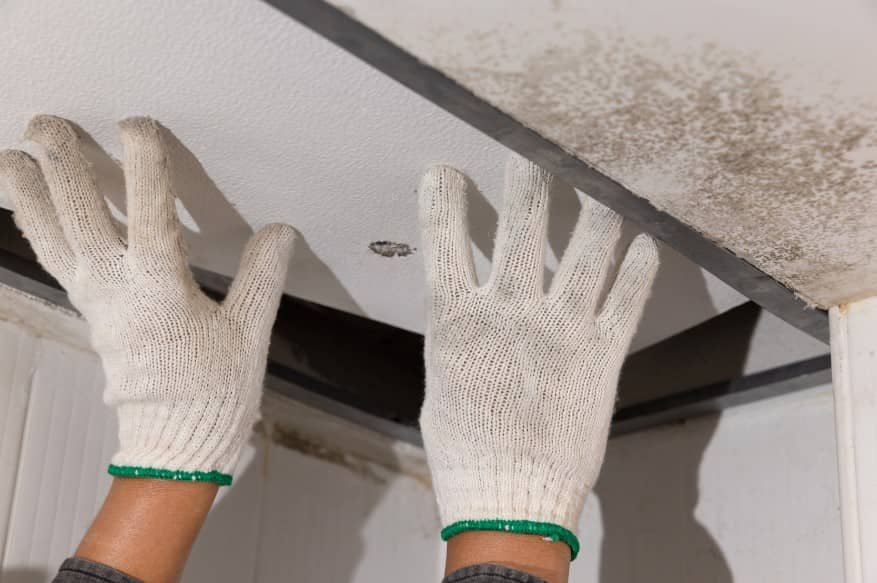Florida’s warm, humid climate creates the perfect environment for mold growth, and your air conditioning (AC) system can inadvertently become a conduit for spreading mold throughout your home. Mold not only compromises indoor air quality but also poses health risks and can damage your HVAC system. Understanding how AC spreading mold can infiltrate your AC system and implementing regular maintenance can help prevent these issues.
How Mold Infiltrates Your AC System
Mold thrives in moist, dark environments—conditions commonly found within AC systems. When your AC cools the air, it also removes humidity, resulting in condensation. If this moisture isn’t properly drained, it can accumulate in components like drip pans and ductwork, creating ideal breeding grounds for mold. Once established, mold spores can circulate through your home’s air ducts, affecting indoor air quality and potentially leading to health issues.
Key Maintenance Tips to Prevent Mold Growth

Florida homeowners often face the issue of mold in air conditioning due to constant humidity. Staying ahead with Florida HVAC maintenance can save money and health problems in the long run. Simple AC mold prevention tips like regular air filter changes, cleaning drip pans, and checking for mold in ducts can make a significant difference. Don’t forget to invest in UV lights for HVAC systems to neutralize spores before they spread.
1. Regularly Replace or Clean Air Filters
Air filters trap dust, pollen, and mold spores, preventing them from entering your home’s air supply. In Florida’s humid climate, it’s recommended to check your AC filters monthly and replace them at least every 1-2 months, especially during peak usage periods or if you have pets. Using high-efficiency filters with a Minimum Efficiency Reporting Value (MERV) rating of 11 or higher can enhance filtration, but ensure your system is compatible with these filters.
2. Inspect and Clean Drip Pans and Condensate Lines
The drip pan collects condensation from your AC unit. If not drained properly, standing water can lead to mold growth. Regularly inspect the drip pan for water accumulation and clean it using a mild detergent solution. Additionally, flush the condensate drain line with a mixture of vinegar and water to prevent clogs and mold buildup.
3. Consider Air Duct Cleaning
Over time, dust and moisture can accumulate in your air ducts, providing a habitat for mold. If you notice a musty odor, visible mold growth, or increased allergy symptoms, it may be time to have your ducts professionally cleaned. The National Air Duct Cleaners Association recommends cleaning air ducts every 3 to 5 years, but Florida’s climate may necessitate more frequent cleanings.
4. Control Indoor Humidity Levels
Maintaining indoor humidity levels between 30% and 50% can inhibit mold growth. Use a hygrometer to monitor humidity and consider using dehumidifiers in areas prone to moisture, such as basements or bathrooms. Ensure your AC system is adequately sized for your home to effectively manage humidity levels.
5. Schedule Regular Professional Maintenance
Annual inspections by HVAC professionals can identify potential issues before they escalate. Technicians can clean internal components, check for mold, ensure proper drainage, and verify that your system operates efficiently. Regular maintenance not only prevents mold growth but also extends the lifespan of your AC unit.

Keeping your home healthy means more than just airflow—it’s about quality. Indoor air quality improvement starts with professional HVAC cleaning and consistent efforts in managing home humidity. Techniques such as installing dehumidifiers, sealing leaky ducts, and routine HVAC inspections go a long way. These steps help homeowners maintain fresh indoor environments and extend their system’s life.
Additional Preventative Measures
-
Install UV Lights: Ultraviolet (UV) lights installed within your HVAC system can kill mold spores and bacteria on contact, preventing them from circulating through your home.
-
Seal Leaky Ducts: Leaky ducts can introduce moisture and contaminants into your AC system. Sealing these leaks helps maintain system efficiency and prevents mold-friendly conditions.
-
Keep Surrounding Areas Clean: Dust and debris around your AC unit can be drawn into the system, contributing to mold growth. Regularly clean the area around your indoor and outdoor units.
Conclusion
In Florida’s humid environment, proactive AC maintenance is crucial to prevent mold growth and ensure healthy indoor air quality. By regularly replacing filters, cleaning drip pans, inspecting ductwork, controlling humidity, and scheduling professional maintenance, you can protect your home from the adverse effects of mold. Implementing these practices not only safeguards your health but also enhances the efficiency and longevity of your AC system.
Breathe easier with MAS! Schedule your HVAC inspection today to prevent mold, improve air quality, and extend the life of your AC system. Your comfort is our priority!


